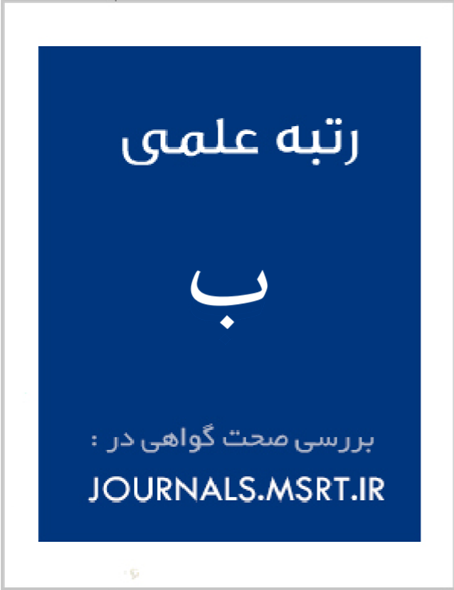Exploring the Lived Experience of Moral Commitment Among Religious Studies Teachers: A Grounded Theory Approach
Keywords:
Moral commitment, Religious studies teachers, Grounded theory, Religious education, Lived experienceAbstract
This study aimed to explore the lived experience of moral commitment among religious studies teachers using a grounded theory approach. A qualitative grounded theory methodology was employed. Data were collected through semi-structured interviews with 17 religious studies teachers in Tehran. Data analysis was conducted in three coding phases—open, axial, and selective—using NVivo software until theoretical saturation was reached. The results revealed that moral commitment among religious studies teachers is a multidimensional and dynamic process shaped by the interaction of religious beliefs, family upbringing, formal religious education, and lived experiences. Challenges such as role conflicts, institutional pressures, individual and economic limitations threaten this commitment. Teachers use strategies including faith renewal, meditation, self-assessment, strengthening collegial relationships, and meaning-making to sustain their commitment. Moral commitment in religious studies teachers is not a static state but a dynamic and contextual process influenced by internal and external factors. Understanding this process and its challenges can assist in designing effective educational programs and supportive policies.
Downloads
Downloads
Published
Submitted
Revised
Accepted
Issue
Section
License

This work is licensed under a Creative Commons Attribution-NonCommercial 4.0 International License.


